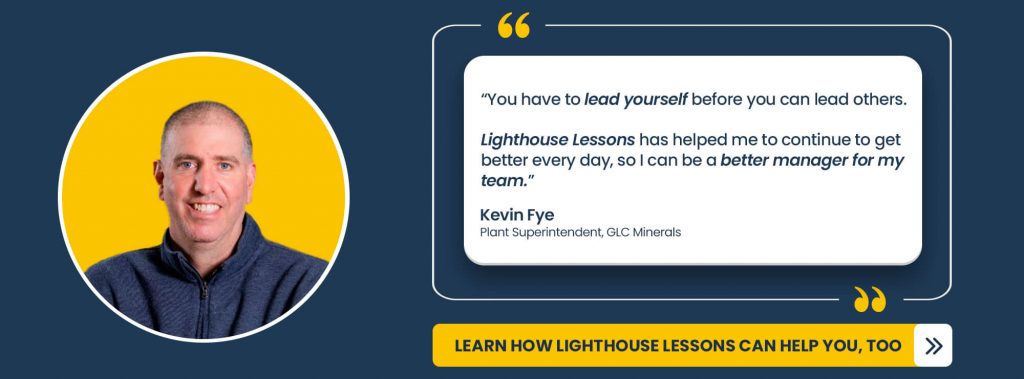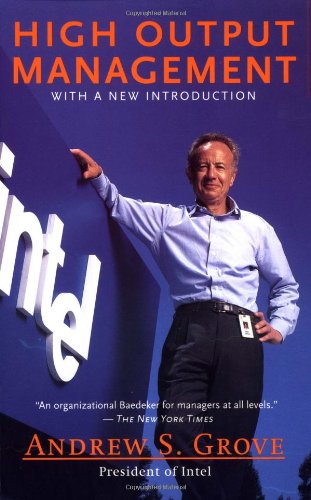Whether you're looking for a great holiday gift for a new manager in your life, or just want to help yourself become a better leader, books are a great source of learning. I've read a lot and these are all timeless classic that came highly recommended. These books compliment one another by covering key areas every leader must master: people skills, reading others, and key processes & organization.
3 Books for Managers to Read
1) People Skills: Dale Carnegie's "How to Win Friends and Influence People"
This book has stood the test of time incredibly well. Written in the 1930s, this classic on working effectively with people is a book I have learned so much from I have a ritual of re-reading it every year. Every time I learn something new and remember how much of a life-long process it is to learn the simple, and important, soft skills Carnegie teaches.
One of my favorite lessons in the book is that by being genuinely interested in others, they will like you, and often reciprocate their interest in you. I have used this to learn many new, fascinating things I didn't know before and make new friends in the process; it's also a key part of what we help managers with in Lighthouse, because who better to build a relationship with than your team members you need to have open conversations with?
Why for Managers? Any manager, new or old, needs to learn the skills of effectively dealing with people of all kinds. No book will help you better understand exactly the soft skills and tactics you need to succeed than this one.
2) Reading Others: Joe Navarro's "What Every Body is Saying"
Over half of human communication is through our body and facial gestures, and yet most people know nothing about how to understand them. This book, written by a former FBI counter-intelligence agent, shares his methods for reading people with great pictures and detailed examples to teach you how to understand the body language you see all around you every day.
One of my favorite lessons in the book is that when someone has their hand or even a finger or two over their mouth, it means they have something they want to say. I've used that clue in many meetings to pause whatever I'm talking about to give the other person the opportunity to speak up. Often, a crucial question or new bit of information will be revealed that I'm very glad to have heard before continuing. It has also helped me realize when I've started rambling a bit or am dominating a conversation.
Why for Managers? Often, what people say will differ from what they actually do or are thinking. This book will help you tell when that's the case. As a manager, it's important to read subtle clues about how your team member is doing, especially for the introverts on your team that may need you to ask before they're willing to come forward. It's also helpful in realizing when you need to, as Andy Grove suggests, "Ask one more question."
3) Process & Organization: Andy Grove's "High Output Management"
Andy Grove co-founded Intel, and in a 30 year run as CEO, helped grow the company to over $20 billion in revenue. Much of his success was due to the great management practices he developed and spread throughout the organization. High Output Management is a collection of those concepts in a book that has now become the go to book for many organizations teaching management. It's full of valuable Andy Grove quotes and insights that are timeless and easily applicable today.
One of my favorite lessons in the book is how Grove approaches one-on-ones. He believes one-on-ones should be all about the team member and what they feel is important. However, the manager isn't off the hook for putting effort into the meeting. First, they must stick to the meeting and never cancel. Second, they should always look for insights from the team members into what they're seeing because as he wrote, "Managers become a little more obsolete every day”. Finally, the manager's job is to always, "ask one more question” as team members may not always volunteer all the information you need to know.
Why for Managers? Twitter bases their leadership training on excerpts from this book and many others swear by it even calling it the "only” management book to read. It's a great place to start to think about the process and structure side of leadership.
What book do you believe every manager should read?
Are you growing as a leader? Are you building the skills you need?
Get better as a leader every day with our bite-size leadership training programs, Lighthouse Lessons. Purpose built for busy managers like you, they help you become a better leader by mastering the skills that bring out the best in your team. You can learn more and sign up here.








